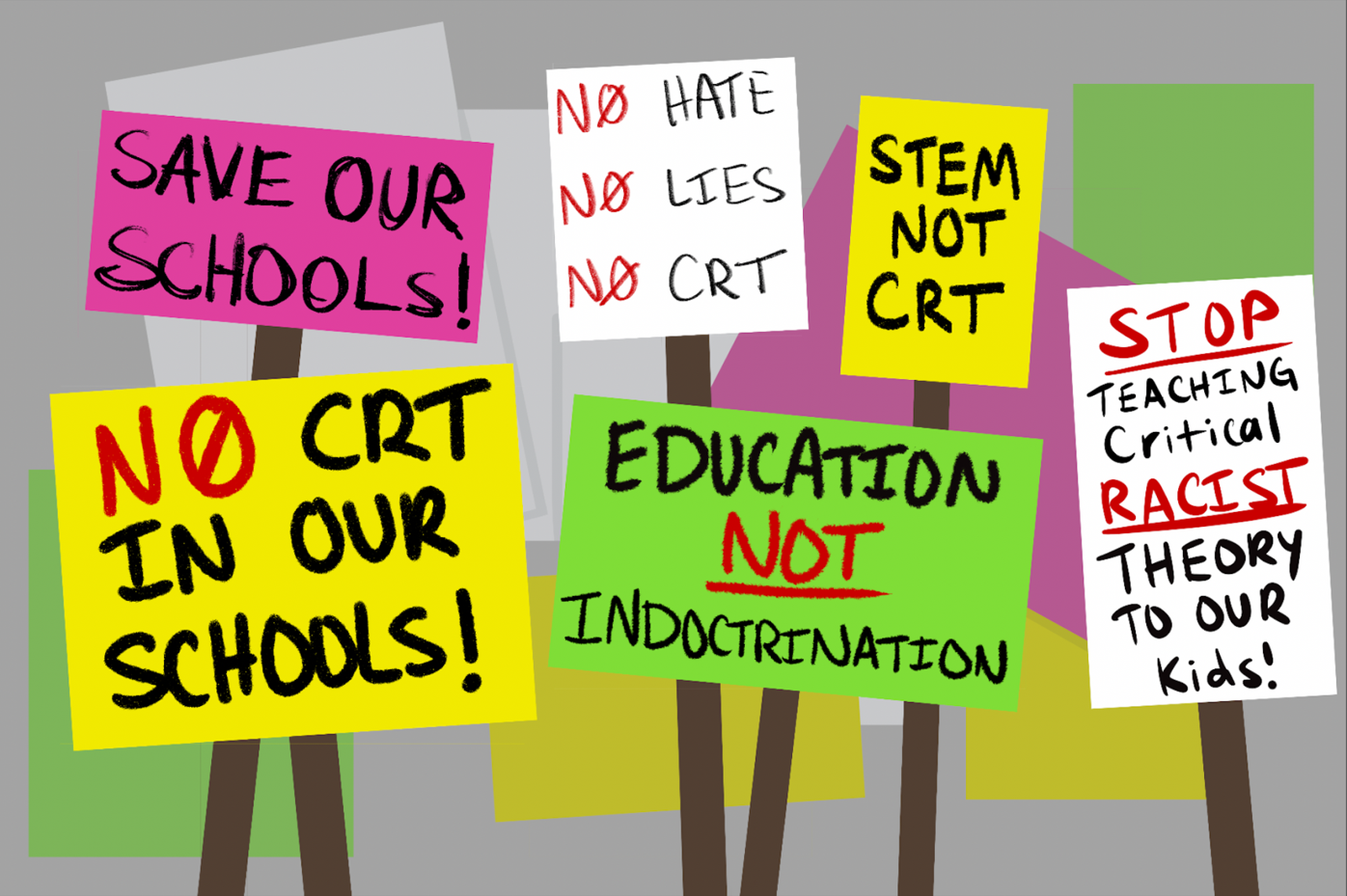Critical race theory. Just three words, they have taken on a life of their own, wielding the power to evoke anger, discomfort, and even fear simply by being spoken. Yet few people who so ardently oppose it actually understand it. That’s the irony of the matter. Having been enticed into extreme emotion by cunningly devised narratives intended to pit Americans against one another, many people angrily decry critical race theory without any concrete idea of what it is. The unfortunate result is that those who want to divide us are achieving their goal. And we all need to ask why. Why is this the goal, and why is it so easy to achieve?
It’s the narrative surrounding critical race theory, or CRT, that makes all the difference. Naturally, if you are told, “You don’t want teachers telling your child ugly, destructive ideas about America and making your child feel inferior, do you?” anyone would respond with a resounding, “No!” However, asked, “Would you like your child to understand all of our country’s history and how the past affects the present?” many people would readily respond with “Yes.” The former seeks to provoke both fear and anger while the latter simply presents facts. It’s all in the way the concept is framed.
Right now, CRT is being framed as dangerous, insidious, and exceedingly harmful, erroneously becoming a synonym for all that some revile about race and social justice. Raucous school board meetings attest to these facts, where parents—convinced that CRT is not only taught in their children’s schools but also potentially detrimental to their children’s sense of self—demand that it be removed from classrooms. Meanwhile, crafty politicians have employed the term in their political campaigns as well, making it a rallying cry to galvanize voters to support the candidate who promises to fight against it. However, if asked to define CRT, chances are that not one person who so vehemently opposes it could supply a definition. And therein lies the problem.
The fact is that CRT is not even a new concept. First coined 40 years ago by Harvard Law School students Kimberlé Crenshaw, Derrick Bell, and Richard Delgado, among others, CRT seeks to understand how race influences laws and how those laws subsequently contribute to the racism that permeates daily life. That’s all—nothing sinister, no plot against any group of people, no intention to wreak havoc in society nor to belittle anyone. It’s merely a theoretical attempt—not a law nor a mandate—to understand race and racism, and how the past impacts the present.
What’s more, CRT is discussed in law school programs, not in K-12 classes. That bears repeating: CRT is not part of K-12 curriculum. Yet the misbelief that K-12 teachers are teaching it and somehow instilling negative self-concepts is the whole premise of the heated opposition. Here’s the truth: Not only are teachers not teaching CRT, but good teachers also are not attempting to negatively impact students’ self-images. We neither add nor subtract from history but rather present the facts, require students to do additional research, and then allow those students to draw their own conclusions. That’s education.
Until we get beyond the fear of confronting race, the misconceptions about race, and the racism that ensues from all that, divisive people will continue to bait everyone into heated racial battles over concepts instead of allowing constructive discussion that could create understanding and genuine change. However, perhaps that’s the point; maybe change is exactly what they are trying to prevent.
But here’s the solution: education. Education is power. It’s power that belongs to all of us, not exclusively to those who would manipulate us into turning on one another. It is the power students derive from a thorough and accurate study of history. It is also the power each of us gains from researching concepts for ourselves, drawing our own conclusions rather than relying on cynical, intentional misrepresentations. Ultimately, it is our ability and willingness to transcend that attempt to manipulate us, to seek truth for ourselves, and to challenge the real racial problems of our society—openly and honestly—that will determine our collective fate as a country.


Your explanation of CRT is powerful. It’s amazing how a play on words has a tremendous effect on perception and understanding. Manipulation can be deadly. It’s time to move in the right direction for the sake of students and for this country.
LikeLiked by 2 people
Exactly! And when that play on words is deliberately designed to foment strife, division, and animosity, we all need to stand against it and stand for truth.
LikeLiked by 1 person